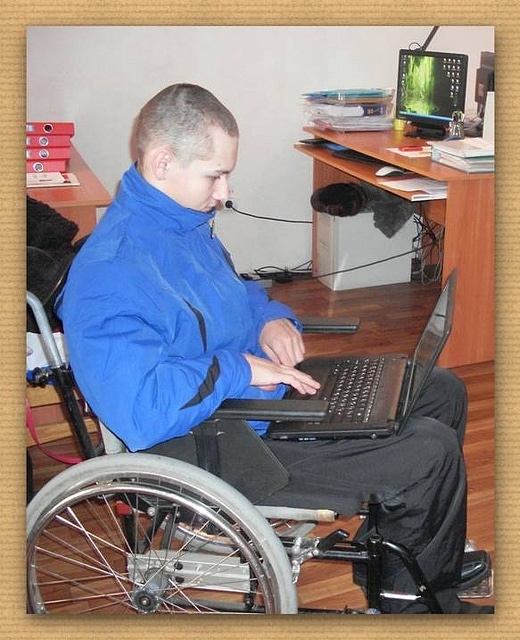Social Security Disability (SSD) benefits are available to individuals who have worked in recent years (typically five out of the past 10 years) but who have now become disabled. SSD is not a “needs-based” program, which means that an individual can qualify regardless of his or her income or assets, as long as other requirements are met.
The amount of SSD benefit payment that an individual receives is paid based upon an individual’s Social Security earnings record, with the maximum amount being $2,663 per month in 2015. The exact amount an individual receives is determined based on several factors, including your past and current earnings.
Residual Functional Capacity
In determining a Florida resident’s eligibility for SSD benefits, a disability examiner at Florida’s Division of Disability Determination, working with a doctor, makes the initial decision on an individual’s application. One of the things that the determination takes into consideration is an individual’s “residual functional capacity” (or RFC).
Disability law recognizes that the impairment or impairments that an individual suffers from, and any related symptoms such as pain, can cause physical and mental limitations that affect what the individual can do in a work setting. Because of this, the law requires that the Division of Disability Determination assess the most work an individual can still do despite his or her limitations, an individual’s RFC. This amount may be no work, partial work, or full work.

Under the law, an individual’s RFC is determined based on all the relevant evidence in an individual’s case record. This is why it is critical to make sure that the case record contains a significant amount of detailed information regarding the individual’s work-related functional abilities and limitations.
When the Division of Disability Determination assesses an individual’s residual functional capacity, it looks at an individual’s ability to meet the physical, mental, sensory, and other requirements of work. In doing this, some of the questions that are asked of the individual’s doctor include:
- whether the individual has limits on how much he or she can lift or carry, and how often
- how much the individual can walk or stand during an 8-hour work day
- how much the individual can sit during an 8-hour work day
- how much the individual can push or pull during an 8-hour work day
- whether the individual is limited in his or her ability to climb stairs, ramps, ladders, scaffolding, or ropes
- whether the individual is limited in balancing, stooping, kneeling, crouching, or crawling
- whether the individual is limited in fine motor (finger) or gross motor (hand) manipulation, or reaching or has limited sensation/feeling
- whether the individual has visual limitations
- whether the individual has communication limitations
- whether the individual has limitations as to the type of environments he or she can function in
Broward, Dade, And Monroe County Social Security Disability Application and Appeal Help
The Social Security Administration places the burden of proving disability on the individual, saying that “in general, you have to prove to us that you are blind or disabled.” Satisfying this governmental requirement can be extremely difficult, especially for individuals whose impairment or impairments create exhaustion, mental confusion, or that create mobility problems or pain.
To ease the application process, it is often helpful to hire an experienced Florida disability attorney who can help gather the necessary medical and work information to support the individual’s SSD application. At Hoffman, Larin & Agnetti, P.A., we help our disability benefits clients prepare the most accurate SSD application (or appeal) in order to make clear the extent of the individual’s disability and the full degree to which it affects the individual’s ability to work. If you need help filing or appealing a claim for SSD benefits, call us today at (305) 653-5555 or use our convenient online contact form and we will contact you right away.
